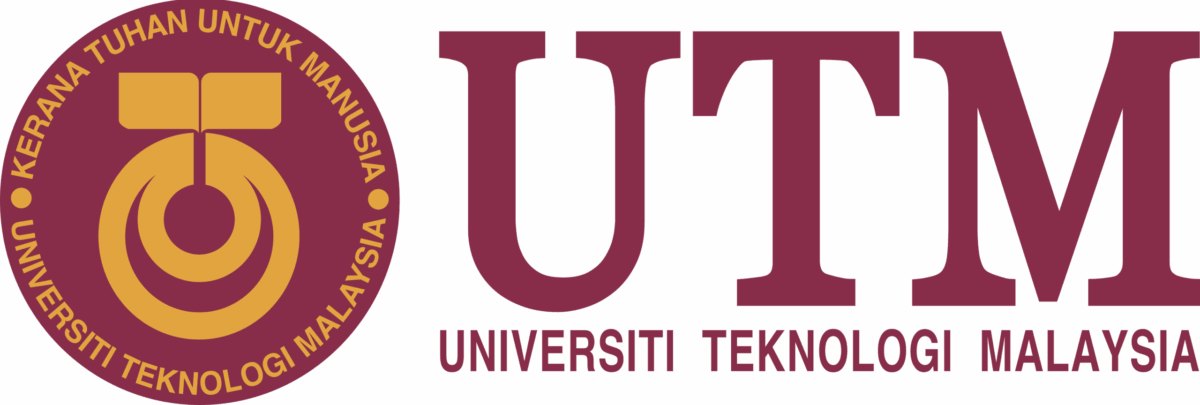The concept of AI singularity has been a topic of discussion among scientists, philosophers, and futurists for several years now. The term was first introduced by mathematician and computer scientist Vernor Vinge in 1993. It is the idea that machines will eventually surpass human intelligence, creating a world that is fundamentally different from anything we have ever known. While some experts believe that AI singularity could be a positive development, others warn of the potential risks it poses to human society. In this article, we will explore the concept of AI singularity, its achievements until now, and its potential implications for the future.
AI singularity is the hypothetical future point in time when machine intelligence will surpass human intelligence. At this point, machines will be able to improve themselves, create new and better versions of themselves, and solve problems in ways that humans cannot even imagine. In other words, machines will be able to innovate much faster than humans, leading to a new era of technological progress that could potentially change the course of human evolution.
One of the key aspects of AI singularity is the concept of exponential growth. The idea is that once machines surpass human intelligence, they will be able to improve themselves at an ever-increasing rate. This means that the development of AI will accelerate at a pace that is hard for humans to fathom, leading to new and unprecedented technological breakthroughs.
AI technology has come a long way since its inception. In the last few decades, AI has been used to develop a wide range of applications, including speech recognition, natural language processing, computer vision, and robotics. Today, AI is used in various fields, including healthcare, finance, transportation, and entertainment, to name just a few.
One of the significant achievements of AI technology in recent years is the development of deep learning algorithms. These algorithms use neural networks to learn from large datasets and improve their accuracy over time. This has led to breakthroughs in image recognition, natural language processing, and machine translation, among others.
Another significant development in AI technology is the creation of chatbots and virtual assistants. These programs use natural language processing and machine learning to simulate conversations with humans. Today, chatbots are used for customer service, marketing, and even therapy, among other things.
However, despite these achievements, AI technology is still in its infancy, and there is still a long way to go before machines can surpass human intelligence. While some experts predict that AI will reach singularity by 2045, others believe that it may take much longer or even may never happen.
AI singularity could have significant implications for society, both positive and negative. On the one hand, the development of AI could lead to unprecedented technological progress, solve some of the world’s most pressing problems, and create a world that is more equitable, efficient, and sustainable.
On the other hand, AI singularity could also pose significant risks to human society. For example, if machines surpass human intelligence, they may be able to make decisions that are not aligned with human values and morals. This could lead to unintended consequences and even pose an existential threat to human civilization.
Another significant concern is the potential impact of AI on the labor market. As machines become more intelligent, they may be able to replace human workers in various fields, leading to massive job losses and economic disruption. This could exacerbate existing inequalities and create social unrest.
AI singularity is a fascinating topic that has captivated the imagination of scientists, philosophers, and futurists for several years now. While the development of AI technology has come a long way in recent years, there is still much to be done before machines can surpass human intelligence. As we move forward, it is crucial to consider the potential implications of AI singularity and work towards ensuring that machines are aligned with human values and morals.
